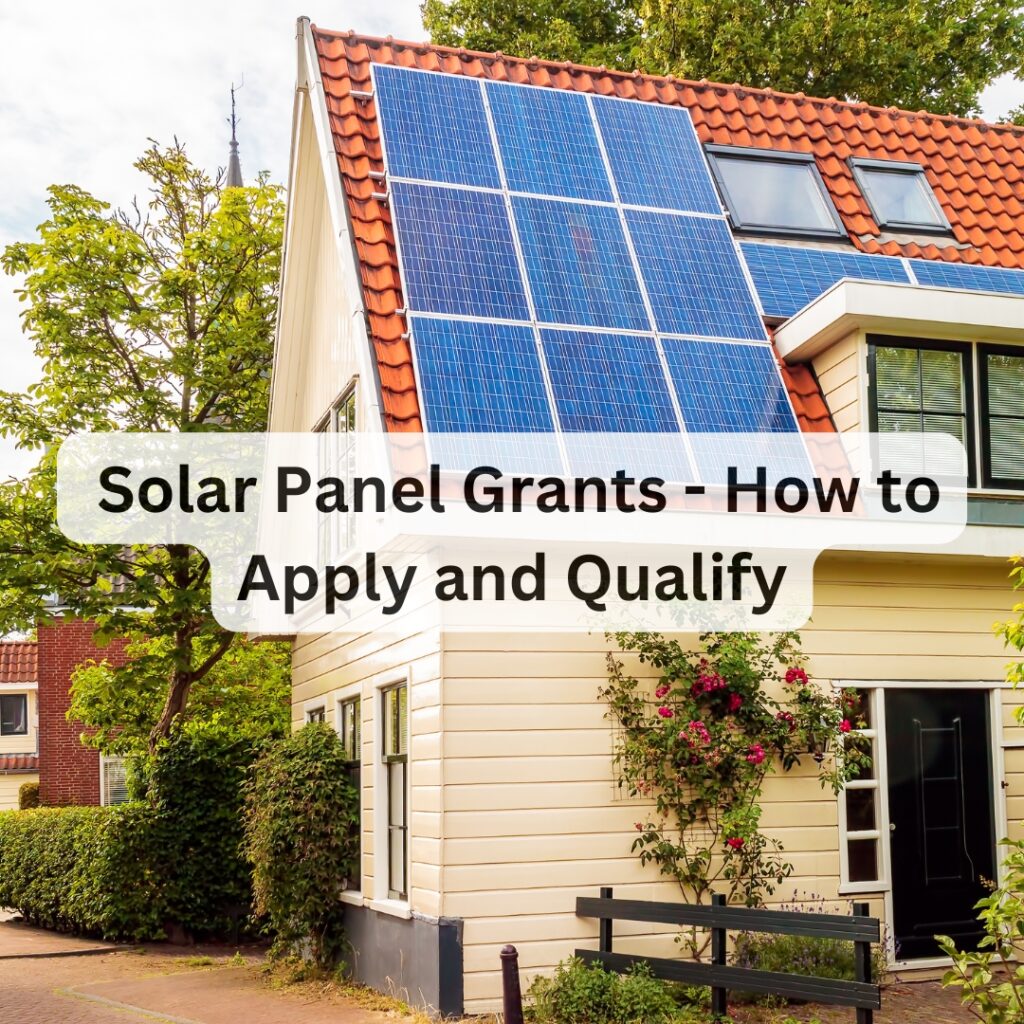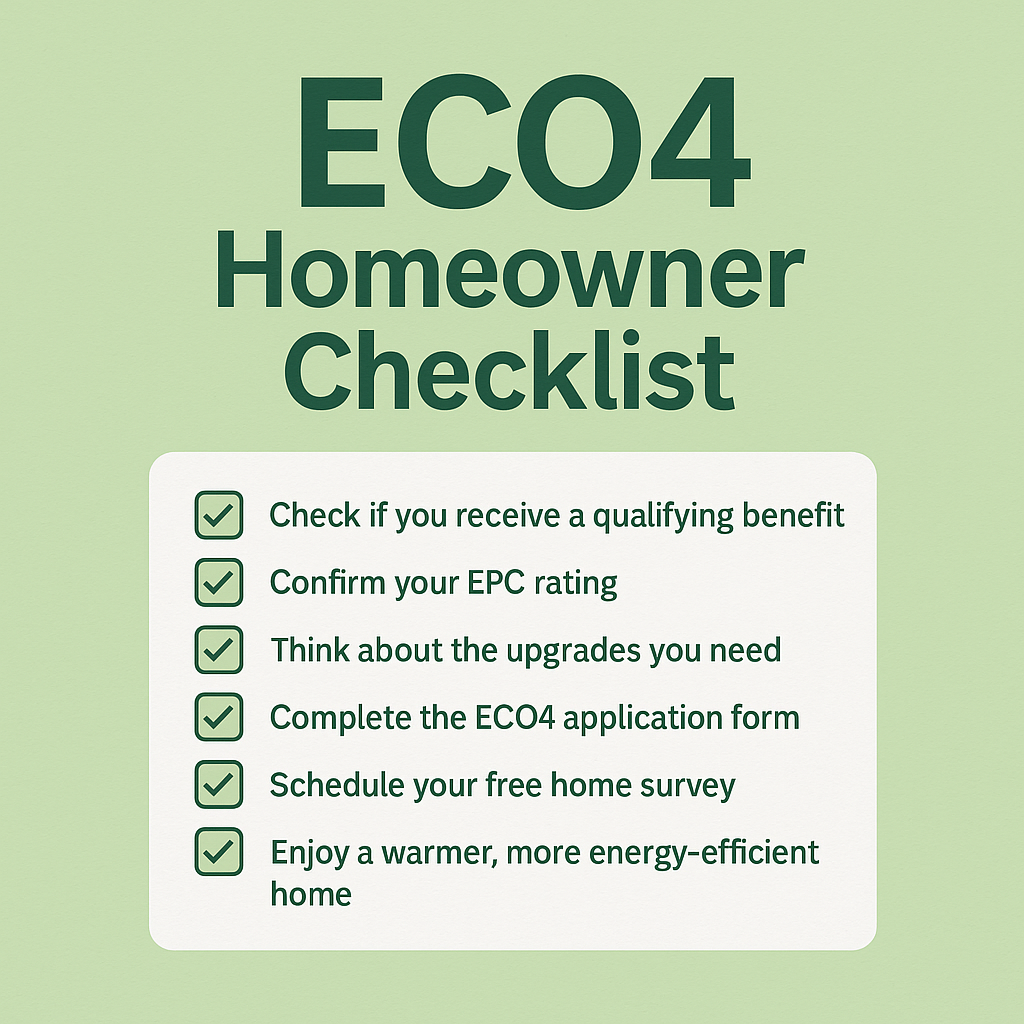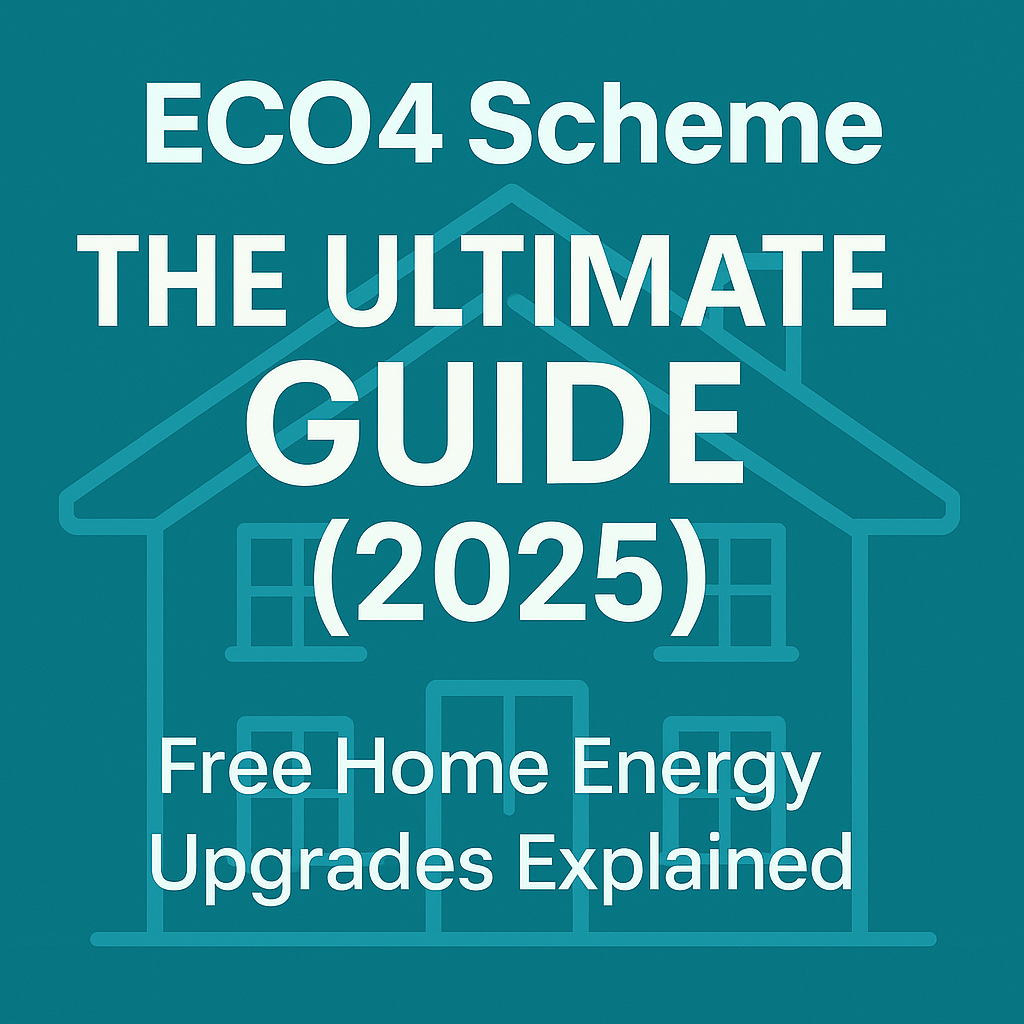Solar energy is a clean and renewable source of energy that is becoming increasingly popular in the UK. With the government’s commitment to achieving net-zero carbon emissions by 2050, there is a growing need for homeowners and businesses to switch to renewable energy sources. Solar panels are a great way to generate your own electricity and reduce your carbon footprint. However, the upfront cost of installing solar panels can be a barrier for many people.

Fortunately, there are various solar panel grants and funding schemes available in the UK that can help you cover the cost of installation. These grants and funding schemes are designed to make solar energy more accessible and affordable for everyone. In this article, we will explore the different types of solar panel grants available, the eligibility criteria, and the application process. We will also provide a cost and savings analysis to help you determine if solar panels are a good investment for you.
Key Takeaways
- Solar panel grants and funding schemes are available in the UK to help cover the upfront cost of installation.
- Eligibility criteria and application processes vary depending on the type of grant or funding scheme.
- Solar panels can be a cost-effective way to generate your own electricity and reduce your carbon footprint.
Understanding Solar Panel Grants
At current date, solar power is an increasingly popular source of renewable energy in the UK. With the increasing demand for solar panels, the cost of installation has become more affordable, but it can still be a significant investment. Fortunately, there are solar panel grants and funding options available to help offset the cost of installation.
Benefits of Solar Panels
Before we dive into solar panel grants, let’s first discuss the benefits of solar panels. Solar panels are a clean and renewable source of energy that can significantly reduce your carbon footprint. They can also help you save money on your energy bills by generating your electricity, which means you’ll be less reliant on the grid.
In the UK, installing solar panels can significantly increase a property’s value. Studies from reputable sources such as RICS, Cambridge University, and the Energy Saving Trust consistently show that homes with solar energy systems are valued higher than similar properties without them. This increase in value is largely driven by improvements in Energy Performance Certificate (EPC) ratings, which are highly attractive to buyers looking for energy-efficient homes.
How Solar Panels Can Increase Your Home’s Value in the UK
Installing solar panels doesn’t just reduce energy bills — it can also boost your property value. Research shows that homes equipped with solar panels are often more attractive to buyers and may sell for more than comparable homes without renewable energy systems.
Key Findings from UK Studies
1. Swansea University Study (2024)
A study analyzing over five million UK property listings found that homes with solar panels sold for a premium of 6.1% to 7.1% compared to similar homes without them.
2. Solar Energy UK Report (2021)
Based on UK property market data, this report estimated that solar panels could increase property value by 0.9% to 2%, which translates to roughly £2,682 to £5,962 on the average UK house price.
3. UK Government Insights
The government highlights that solar panels can help families save hundreds on energy bills annually and are working with the Royal Institution of Chartered Surveyors to ensure the added value is recognised in property assessments.
Why It Matters for Homeowners
- Lower energy bills: Generate your own electricity and reduce reliance on the grid.
- Attractive to buyers: Eco-friendly homes are increasingly in demand.
- Better EPC ratings: Higher energy efficiency can correlate with higher resale values.
Next Steps
If you’re considering installing solar panels, consult a qualified installer to see how much you could save on bills and how much value your home could gain.
What Are Solar Panel Grants?
Solar panel grants are financial incentives offered by the UK government to encourage homeowners and businesses to invest in renewable energy. These grants can help offset the cost of installing solar panels and other energy-efficient upgrades. There are several types of solar panel grants available, including:
- The Energy Company Obligation (ECO) scheme
- The Green Homes Grant
Each of these grants has its own eligibility criteria and funding amounts, so it’s essential to research each one before deciding which one is right for you.
The ECO scheme is designed to help low-income households make energy-efficient upgrades to their homes. The Green Homes Grant is a new scheme that provides homeowners with vouchers to cover the cost of energy-efficient upgrades, including solar panels.
Solar panel grants can be an excellent way to help offset the cost of installing solar panels and other energy-efficient upgrades. By taking advantage of these grants, you can help reduce your carbon footprint, save money on your energy bills, and increase the value of your home.
Eligibility Criteria for Grants
General Eligibility Requirements
To be eligible for solar panel grants in the UK, you must meet certain general criteria. These include being a homeowner or a tenant in a privately rented property. If you are a tenant, you will need to get permission from your landlord before installing solar panels.
Additionally, your property must have an Energy Performance Certificate (EPC) rating of D or lower. This rating indicates that your property is not energy-efficient and requires improvements to reduce energy consumption. If your property has a higher rating, you may still be eligible if you can demonstrate that you are living in fuel poverty.
Specific Schemes and Their Criteria
There are several specific schemes that offer solar panel grants in the UK, each with their own eligibility criteria. Here are some of the most popular schemes and their criteria:
- ECO4: The ECO4 scheme provides funding for energy-efficient retrofits to fuel-poor households or those with occupants on certain benefits. To be eligible, you must either receive certain benefits or have a low income. The scheme also covers other energy-saving materials such as central heating, insulation, and heat pumps.
- LA Flex: This scheme gives councils the flexibility to determine eligibility criteria in their region. The criteria are no longer limited to availing benefits or even based on income and will be tailored to the circumstances of people.
- Green Homes Grant: This scheme provides vouchers for homeowners and landlords to make energy-efficient improvements to their properties. To be eligible, your property must be in England and have an EPC rating of D or lower. Additionally, you must either own the property or have the landlord’s permission to make improvements.
The eligibility criteria for solar panel grants in the UK vary depending on the scheme. However, most schemes require that your property is not energy-efficient and that you meet certain income or benefit requirements. If you are unsure whether you are eligible for a solar panel grant, you can check with the specific scheme provider or a qualified installer.
Types of Solar Panel Grants and Funding
At [our company], we understand that the cost of installing solar panels can be a significant investment for homeowners and businesses. That’s why we want to help you understand the different types of solar panel grants and funding available to you. Here are the three main types of solar panel grants and funding in the UK:
Government Grants
The UK government offers a range of grants and funding options for those looking to install solar panels. One of the most significant is the Energy Company Obligation (ECO), which provides funding for energy-saving improvements, including solar panels. Another government grant is the Home Upgrade Grant, which provides funding for home energy efficiency upgrades. To be eligible for these grants, you must meet certain criteria, such as being a low-income household or not being on the gas grid.
Local Authority Initiatives
Many local authorities across the UK offer their own initiatives to help homeowners and businesses install solar panels. These initiatives can vary in the amount of funding they provide and the eligibility criteria. For example, some local authorities offer grants for solar panel installations, while others offer interest-free loans. To find out what initiatives are available in your area, you should check with your local authority.
Smart Export Guarantee (SEG)
The Smart Export Guarantee (SEG) is a scheme introduced by the UK government to replace the previous Feed-in Tariff (FIT) scheme. Under the SEG, energy suppliers with more than 150,000 customers must offer a tariff to customers who generate their own electricity and export any excess back to the grid. This means that homeowners and businesses with solar panels can potentially earn money by exporting their excess energy back to the grid. To be eligible for the SEG, you must be a SEG licensee and have a solar panel system that meets certain requirements.
There are a variety of solar panel grants and funding options available in the UK. Whether you’re looking for government grants, local authority initiatives, or the SEG, there are options available to help you finance your solar panel installation. At [our company], we can help you navigate the different options and find the best funding solution for your needs.
Application Process for Solar Panel Grants
At our company, we want to make the application process for solar panel grants as easy and straightforward as possible. Here are the steps to follow when applying for a grant:
Steps to Apply
- Conduct a survey: The first step when applying for a solar panel grant is to conduct a survey of your property. This survey is usually carried out by an accredited installer who will assess your property’s suitability for solar panels and provide you with a quote.
- Choose an installer: Once you have received your quotes, you can choose an installer that you are comfortable with. It is important to choose an installer who is accredited and experienced in installing solar panels.
- Apply for the grant: After choosing your installer, you can then apply for the solar panel grant. This is usually done through the government’s official website or through a trusted third-party website.
- Receive approval: If your application is successful, you will receive approval for the grant. This approval will be in the form of a voucher that you can give to your installer.
- Install solar panels: Once you have received your voucher, you can then have your solar panels installed by your chosen installer.
Required Documentation
When applying for a solar panel grant, you will need to provide some documentation. Here are the documents you will need:
- Energy Performance Certificate (EPC) rating: You will need to provide your property’s EPC rating. This rating is a measure of your property’s energy efficiency and is used to determine if you are eligible for a grant.
- Proof of ownership: You will need to provide proof that you own the property where the solar panels will be installed. This can be in the form of a mortgage statement or a land registry document.
- Installer quote: You will need to provide a quote from your chosen installer. This quote should include the cost of the solar panels and the installation.
At UKEM, we can help you with the application process for solar panel grants. Our team of experts can guide you through the process and answer any questions you may have.
Cost and Savings Analysis
Upfront and Installation Costs
When it comes to installing solar panels, the upfront and installation costs can be a significant investment. However, with the availability of government grants and funding options, the costs can be significantly reduced. The cost of solar panels varies depending on the size of the system and the quality of the panels. According to The Eco Experts, the average cost of solar panels for a three-bedroom house in 2024 is £7,860.
In addition to the cost of the panels, there are also installation costs to consider. The installation costs can vary depending on the complexity of the installation and the size of the system. However, installation costs can be reduced by choosing a reputable installer and taking advantage of any available grants or funding options.
Long-Term Savings and Benefits
Despite the upfront and installation costs, solar panels can provide significant long-term savings and benefits. One of the main benefits is the reduction in energy bills. Solar panels generate electricity from the sun, which can be used to power your home. This means that you can reduce your reliance on the grid and potentially save money on your energy bills.
Finally, solar panels are an energy-efficient upgrade that can help reduce your carbon footprint. By generating electricity from the sun, you can reduce your reliance on fossil fuels and help to reduce greenhouse gas emissions.
Overall, while the upfront and installation costs of solar panels can be significant, the long-term savings and benefits make them a worthwhile investment. By taking advantage of government grants and funding options, you can reduce the upfront costs and enjoy the long-term benefits of solar panels.
Additional Support and Advice
If you’re interested in getting solar panels but need more support or advice, there are several schemes available to help you. In this section, we’ll cover the Energy Company Obligation (ECO4) Scheme and the Home Energy Scotland Support.
Energy Company Obligation (ECO4) Scheme
The ECO4 scheme is a government initiative that aims to reduce carbon emissions and tackle fuel poverty. It provides funding for energy-saving improvements, including solar panels, to low-income households with vulnerable residents who receive a qualifying benefit. The scheme is delivered through local authority referrals and allows you to apply for solar panel grants and get fully funded or discounted solar panels for home installation. The scheme will run until 2026, and the funding or support you receive will depend on your energy supplier or individual circumstances.
Home Energy Scotland Support
The Home Energy Scotland Support is a free, impartial advice service that offers expert advice and support on energy efficiency and renewable energy. The service is available to all homeowners and tenants in Scotland and provides information on available grants and loans, as well as advice on how to improve the energy efficiency of your home. The Home Energy Scotland Grant and Loan Scheme is also available to eligible homeowners and tenants, providing funding for energy-saving improvements, including solar panels.
If you’re considering getting solar panels, we recommend that you get in touch with these schemes to find out more about the support and advice available to you. They can help you understand the different funding options, eligibility criteria, and application process, as well as provide guidance on choosing the right solar panel system for your home.
Impact on Energy Efficiency and Environment
Solar panel grants have a significant impact on both energy efficiency and the environment. By installing solar panels, homeowners can reduce their carbon footprint and save money on energy bills. In this section, we will explore the impact of solar panel grants on these two areas.
Improving Home Energy Performance
One of the main benefits of solar panel grants is the improvement in home energy performance. Solar panels generate electricity by converting sunlight into energy, which can be used to power homes. By installing solar panels, homeowners can reduce their reliance on traditional energy sources, such as fossil fuels, and save money on energy bills.
Solar panels are also a long-term investment, as they can last up to 25 years or more. This means that homeowners can continue to benefit from reduced energy bills for many years to come. Additionally, solar panels require little maintenance, making them a hassle-free option for homeowners.
Reducing Carbon Footprint
Another significant benefit of solar panel grants is the reduction in carbon emissions. Traditional energy sources, such as fossil fuels, release harmful greenhouse gases into the atmosphere, contributing to climate change. By installing solar panels, homeowners can reduce their carbon footprint and help to mitigate the effects of climate change.
Solar panels are a renewable energy source, meaning they do not deplete natural resources. They also do not release any harmful emissions into the atmosphere, making them a clean energy option. By reducing reliance on traditional energy sources, homeowners can help to reduce the demand for fossil fuels and promote a more sustainable future.
In conclusion, solar panel grants have a significant impact on both energy efficiency and the environment. By improving home energy performance and reducing carbon emissions, solar panels are a smart investment for homeowners looking to save money on energy bills and promote a more sustainable future.
Supplementary Measures and Technologies
Battery Storage Systems
In addition to solar panels, battery storage systems can be a great way to maximise the benefits of solar energy. By storing excess energy generated during the day, battery storage systems can provide power during the night or during periods of low sunlight. This can reduce reliance on grid energy, save money on electricity bills and reduce carbon emissions.
There are a variety of battery storage systems available on the market, ranging from small domestic systems to larger commercial systems. It’s important to choose a battery storage system that is compatible with your solar panel system and meets your specific energy requirements.
Integration with Other Renewable Technologies
Integrating solar panel systems with other renewable technologies can further reduce reliance on non-renewable energy sources and maximise the benefits of solar energy. For example, solar thermal systems can be used to provide hot water, while heat pumps can be used to provide heating and cooling.
By combining these technologies, it’s possible to create a comprehensive renewable energy system that can provide all of your energy needs. However, it’s important to ensure that all technologies are compatible and properly installed to ensure maximum efficiency and safety.
In addition, it’s important to consider the source of electricity used to power any supplementary measures and technologies. While renewable electricity is the ideal choice, it’s not always available. In these cases, it’s important to choose the cleanest possible source of electricity to minimise carbon emissions.
Future of Solar Energy and Government Support
As the world becomes increasingly aware of the need for renewable energy, solar power has become a key player in the transition to clean energy. With the UK government’s commitment to achieving net-zero emissions by 2050, the future of solar energy looks bright. In this section, we will explore the future of solar energy and government support, including trends in solar energy adoption, policy changes, and future schemes.
Trends in Solar Energy Adoption
The adoption of solar energy has been on the rise in the UK, with more and more households and businesses installing solar panels. The falling cost of solar panels, coupled with the government’s support, has made solar energy a viable option for many. According to a report by Solar Power Europe, the UK is expected to install 19.3 GW of solar power by 2024, which is a significant increase from the current 13.2 GW.
Policy Changes and Future Schemes
The UK government has implemented several policies to support the growth of solar energy. The Smart Export Guarantee (SEG) scheme, which was introduced in 2020, requires energy suppliers to pay households and businesses for the excess electricity they generate and export to the grid. This policy change has made solar energy more attractive to consumers, as they can now earn money from their excess energy.
Moreover, the government has also launched several schemes to provide financial support to households and businesses to install solar panels. These schemes include the Energy Company Obligation (ECO) and the Home Upgrade Grant. The ECO scheme provides funding for energy-saving improvements, including solar panels, for low-income households with a vulnerable resident who receives a qualifying benefit. The Home Upgrade Grant provides financial support to low-income, energy-inefficient households that aren’t on the gas grid for home energy efficiency upgrades.
Looking to the future, the government has committed to investing £12 billion in renewable energy over the next decade. This investment will support the growth of renewable energy, including solar power, and help the UK achieve its net-zero emissions target. Furthermore, the government has also announced plans to introduce a Clean Heat Grant, which will provide financial support to households and businesses to install low-carbon heating systems, including solar thermal.
In conclusion, the future of solar energy in the UK looks promising, with the government’s commitment to achieving net-zero emissions and the increasing adoption of solar energy. The government’s policies and schemes to support the growth of solar energy will play a crucial role in achieving this goal.
Frequently Asked Questions
How can I apply for government grants for solar panel installation in the UK?
To apply for government grants for solar panel installation in the UK, you will need to check your eligibility and apply through a government-approved scheme. You can find out if you are eligible here
What are the eligibility criteria for receiving free solar panels under the UK government scheme?
To receive free solar panels under the UK government scheme, you must meet certain eligibility criteria. These include being a homeowner or a tenant of a private landlord, receiving certain benefits, and living in a property that is suitable for solar panel installation. For more information, you can visit the government’s website.
Are there specific solar panel grants available for businesses in the UK?
Yes, there are specific solar panel grants available for businesses in the UK. The government’s Low Carbon Workspaces scheme offers grants of up to £5,000 to small and medium-sized businesses to help them reduce their carbon footprint.
What funding options are available for solar panel installations in Wales and Scotland?
In Wales, the government’s Arbed scheme provides funding for energy efficiency improvements, including solar panel installations, to eligible households. In Scotland, the Home Energy Scotland Loan Scheme offers interest-free loans of up to £17,500 for renewable energy installations, including solar panels.
Does the UK government offer grants for solar battery storage systems?
Currently, the UK government does not offer grants specifically for solar battery storage systems. However, the Smart Export Guarantee (SEG) scheme allows households and businesses to receive payments for any excess electricity generated by their solar panels that is exported to the grid. This can help to offset the cost of a solar battery storage system.
How does the ECO4 grant scheme support solar panel installations?
The ECO4 grant scheme supports solar panel installations by providing funding for energy efficiency improvements to eligible households. This can include the installation of solar panels, as well as other measures such as insulation and heating upgrades. To be eligible for the scheme, households must meet certain criteria, such as being in receipt of certain benefits.



